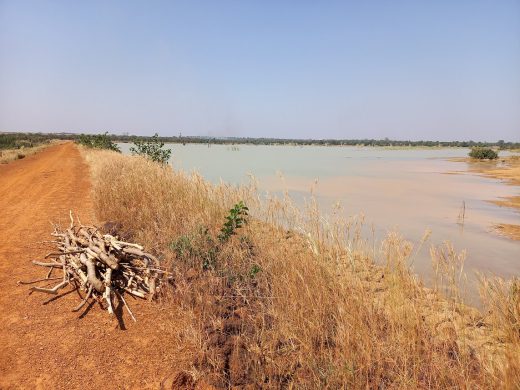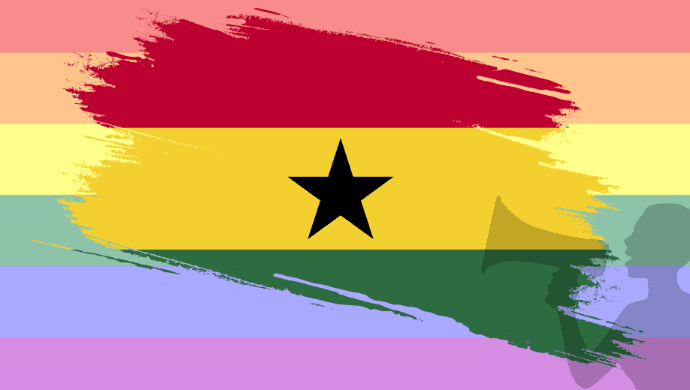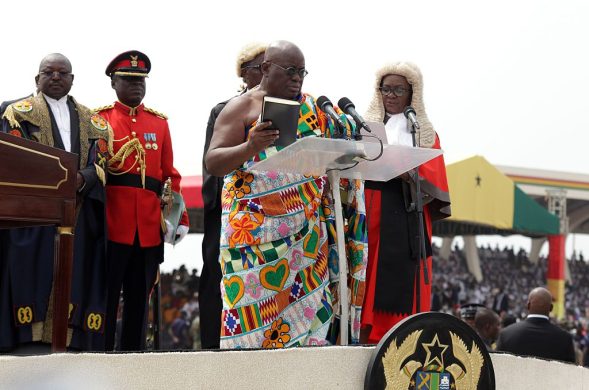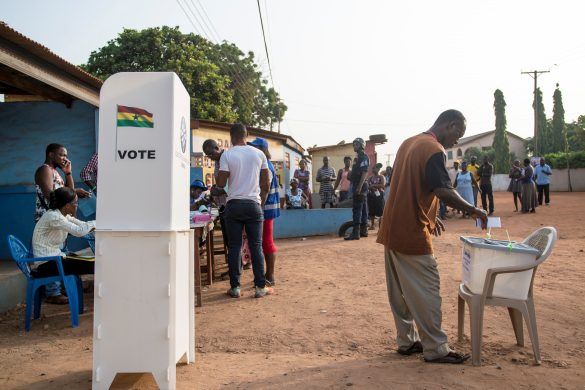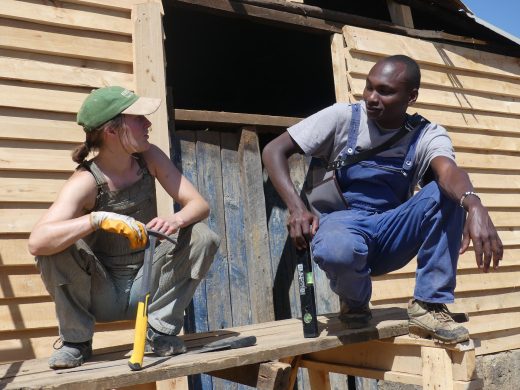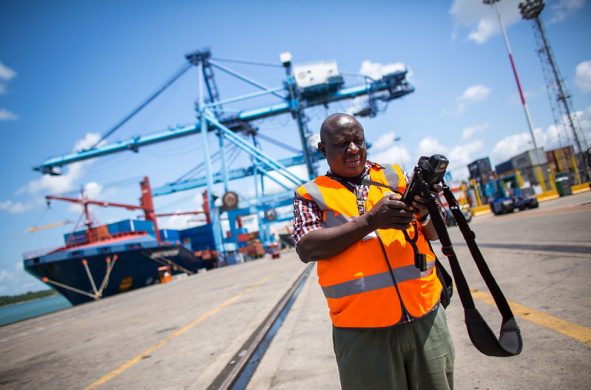The World Banks Board of Executive Directors Thursday approved a 125 million US dollar (750 mio. DKR) credit in support of the implementation of Ghanas third poverty reduction strategy.
The Poverty Reduction Strategy Credit (PRSC-III), as it is known, is the third in a series of three annual operations which seeks to maintain macroeconomic stability; promote growth and employment creation.
As the previous two, it will continue to focus on three broad components of the poverty reduction agenda: the promotion of growth, income and employment; improvements in the delivery of services for human development; and the strengthening of good governance, human resource development and public sector management.
PRSC-III pays particular attention to policy dialogue, aims to enhance the efficiency and transparency of public spending, and to build the capacity to monitor and evaluate resource allocation and policy outcomes.
It will help increase access, completion and quality of education and health care services to the deprived areas, and notably to the poor. It will also support the development of a comprehensive social protection strategy, as well as interventions to help contain the spread of HIV/AIDS.
Like previous poverty reduction support credits, PRSC-III will provide quick-disbursing assistance and predictable resources in support of the implementation of Ghanas 2005 budget.
Furthermore, the operation is aimed at enhancing growth potential by supporting measures to improve the business environment, facilitate trade, increase energy supply, develop the rural economy, and improve the management of natural resources.
The first component of PRSC-III – policy reforms – includes measures to create a more diversified financial sector, expanding access to credit for the private sector, and measures to strengthen the business environment through expansion of energy supply services and the removal of administrative barriers for business development.
Actions under the second component of PRSC-III include measures aimed at assisting Ghana to achieve the Millennium Development Goals by improving service delivery in education, health, social protection, and water and sanitation. Particular attention will be paid to education, notably to completion of quality basic education, in the countrys three most deprived regions: Northern, Upper East and Upper West.
Under the third component, the operation will focus on moving ahead with a medium-term agenda for public sector reform that includes decentralization, improving public sector performance, the modernization of the fiduciary framework and public expenditure management, and the strengthening of capacity to monitor and evaluate the policy agenda.
Ghana is a low-income country of about 20 million inhabitants and a per capita income of 380 US dollar (2004), which is about one-fifth below the average of 490 dollar for sub-Saharan Africa.
The credit to Ghana is on standard International Development Association (IDA) terms, with a commitment fee of 0,5 per cent, a service charge of 0,75 per cent, and a maturity of 40 years, including a 10-year period of grace.
For more information on the World Banks work in Ghana visit:
www.worldbank.org/gh
Kilde: www.worldbank.org
750 mio. fra Verdensbanken til at bekæmpe fattigdom i Ghana

Hedebølge i Californien. Verdens klimakrise har enorme sundhedsmæssige konsekvenser. Alligevel samtænkes Danmarks globale klima- og sundhedsindsats i alt for ringe grad, mener tre debattører.
Foto: Kevin Carter/Getty Images


